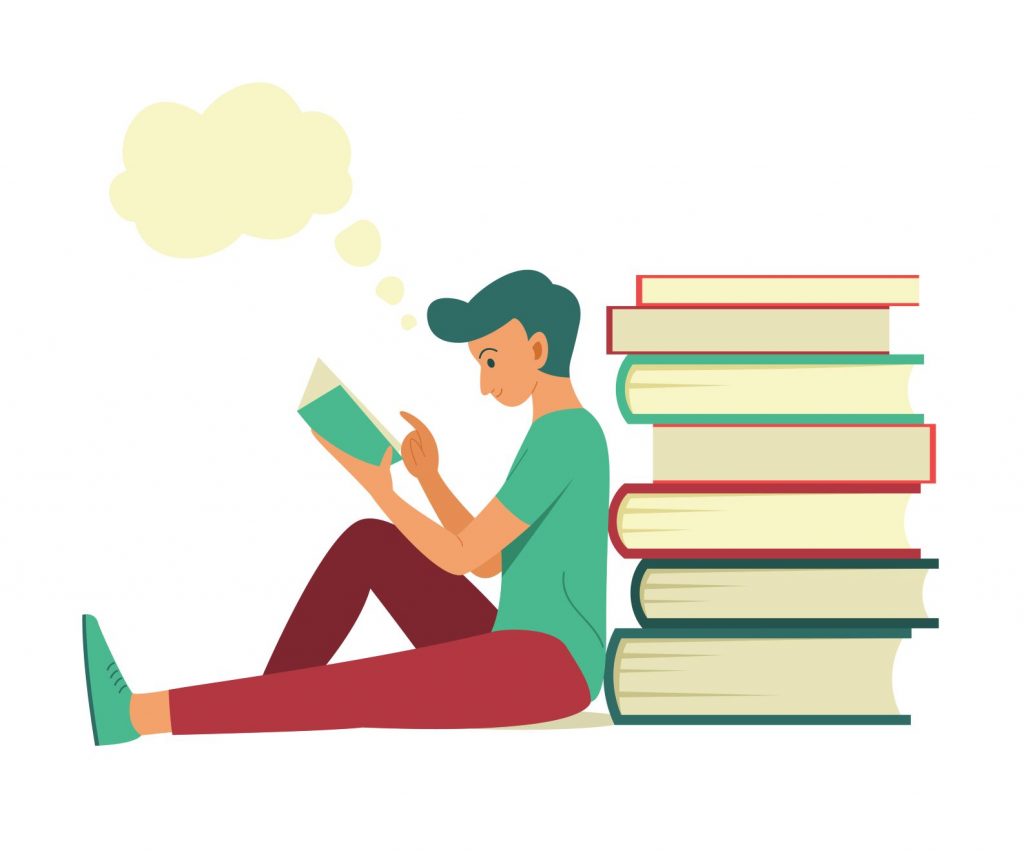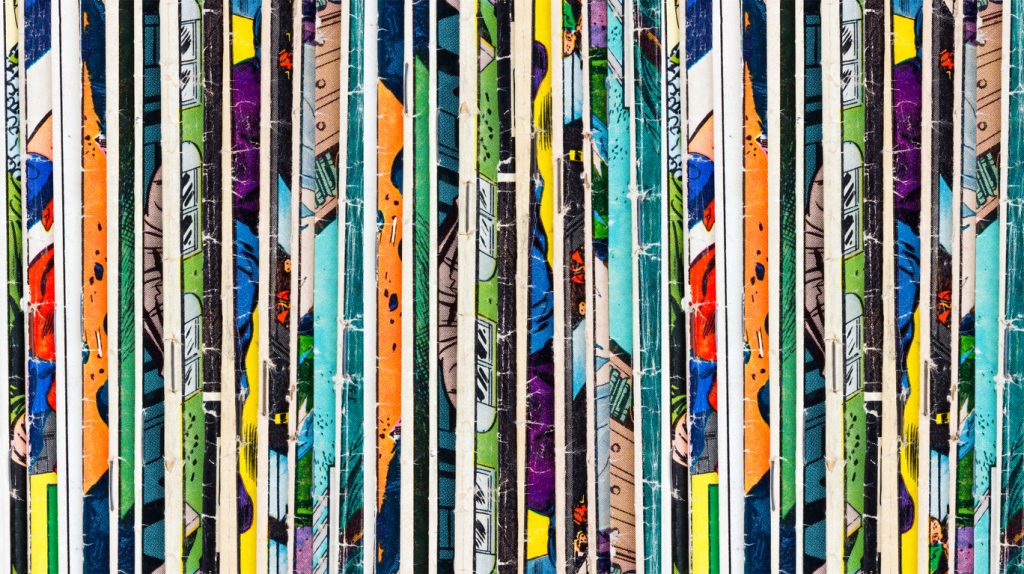
Creating Opportunities for Productive Struggle in Math, ELA, Social Studies, and Science While productive struggle has been the focus of much research for the past two decades (e.g., Ewing et al., 2019; Hiebert and Grouws, 2007; Townsend et al., 2018), much of that research centered on mathematics content. Here we posit that productive struggle can,





2